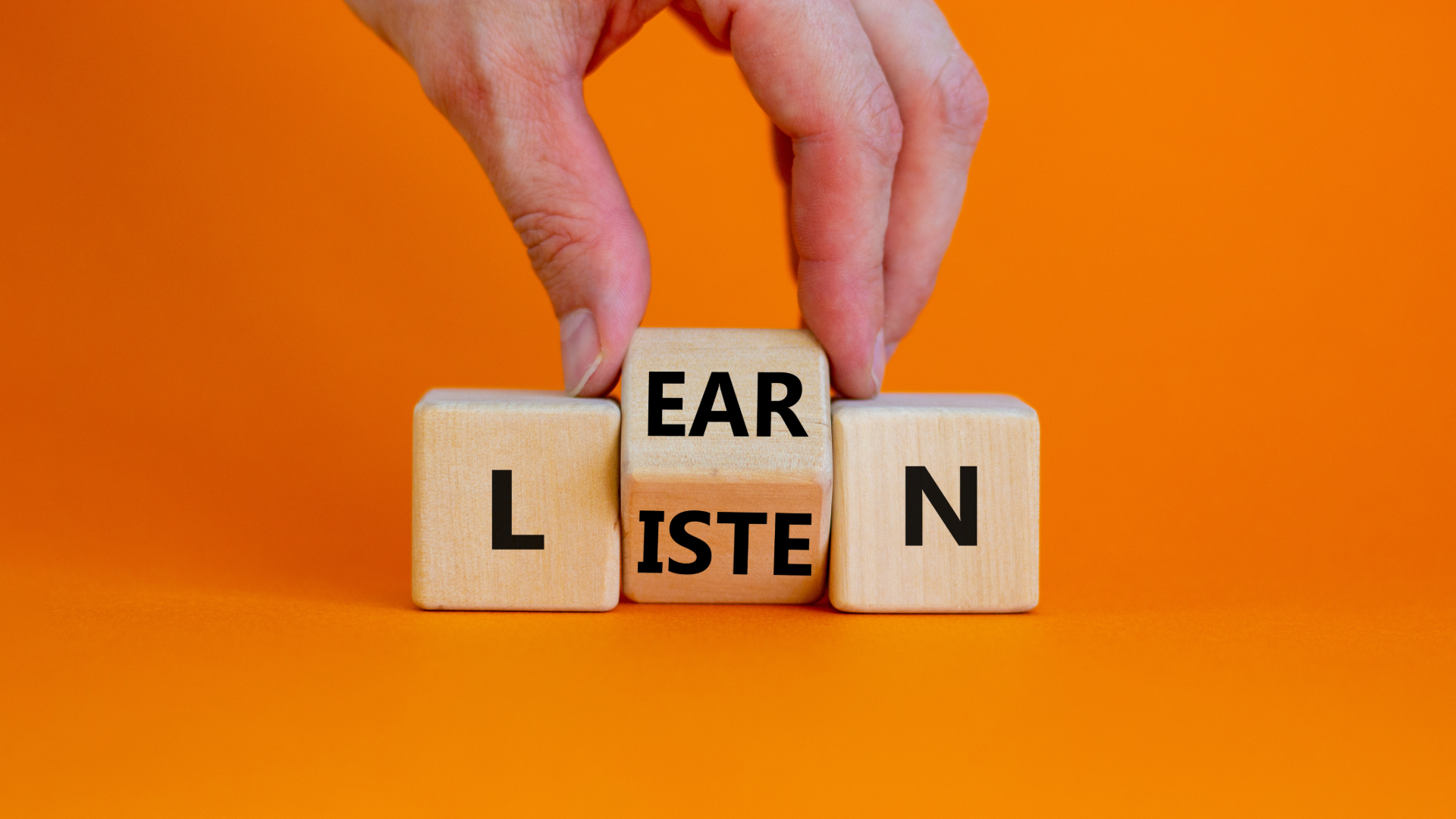Active Listeners Can Change the World
The top traits to look for in business partners, employees, and friends include honesty, integrity, intelligence, humor, creativity, problem-solving skills, team orientation, and, most importantly, listening skills. A good listener is skilled at active listening. Why? Because, as Tim Denning sums up perfectly,
“Quiet people change the world because they hear things others don’t.”
Often, poor listening is due to distractions. Pandemic-induced physical isolation in recent years resulted in heavy reliance on social media and Zoom to connect with friends, family, and colleagues. Now, more than ever, it is difficult to avoid distractions like the latest TikTok video or the current outrage on X (formerly Twitter).
Author Dan Lyons, a self-proclaimed “talkaholic,” explores the biological origins of over-talking and concludes, after years of research, that it’s a case of nature, not nurture. No matter the cause of the oversharing (i.e., environmental or biological), Time magazine argues,
“Learning to keep your mouth shut can change your life. It can make you more likable, more creative, and more powerful.”
Active listening requires the ability to focus, soft skills, and emotional intelligence. Key techniques you can implement during a one-on-one discussion, in a negotiation, or in a group meeting include:
Asking probing questions
Building trust and rapport
Paraphrasing to demonstrate understanding
Using verbal affirmations
Asking specific questions to clarify a nebulous topic, and
Waiting to disclose your opinion (or taking an intentional pause before speaking).
Body language also plays a critical role in active listening, conveying feelings of concern, empathy, interest, and engagement. However, the tone and specific language used in an in-person or virtual business discussion are the most critical factors for a productive discussion.
“The aim of listening is to ascertain what the other side is trying to achieve… ‘Every time you share an opinion, you give out information about yourself’ [or your ego]. In contrast, a good listener, by keeping quiet, gains an edge over his or her counterpart.” Not only can you gain an edge, especially in a negotiation setting (read the article on due diligence), but you can also learn something key to your negotiation or about your client or colleagues.
Be that active listener in the room (or on Zoom) – and learn. We have two ears and one mouth for a reason. When you are talking, you are not listening. Make your meetings more productive – and perhaps find an opportunity to make an impactful change – by actively listening to your colleagues and waiting until the end of the meeting (not the beginning) to make an informed decision based upon what you have learned. By practicing active listening in all your conversations, you will find that your working and personal relationships improve, propelling you forward.




Free speech in the American workplace has been a source of legal and cultural tension since the 1970s. Dr. Randy Bobbitt examines the free speech rights—and notable exceptions—affecting public- and private-sector employees in recent years, and recommends ways public relations can help employers navigate this complex landscape.